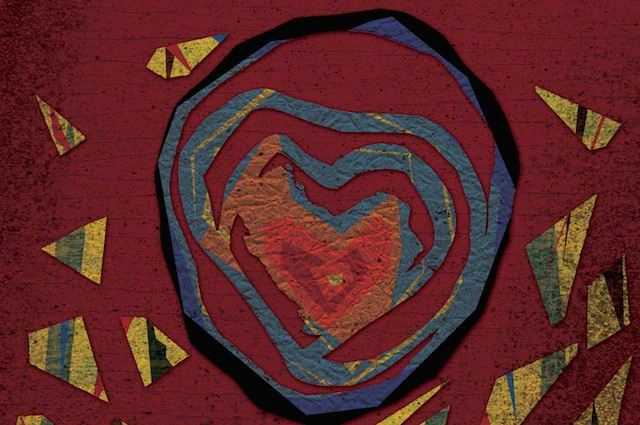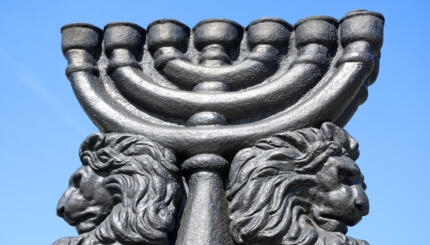Commentary on Parashat Vaera, Exodus 6:2-9:35
When people talk about great philosophical challenges in the Torah, they often cite a verse in Parshat Vaera. These chapters deal with Moses’ attempt to convince Pharaoh to free the Israelite slaves, Pharaoh’s refusal and the first seven plagues that rain down as part of this back and forth.
Towards the end of the portion, after the Egyptians suffer boils, the text says (Exodus 9:12), “And God hardened Pharaoh’s heart, and he did not hear them.” The plagues continue, but suddenly they seem much less fair. There are major challenges to the concept of free will here: Did Pharaoh choose to refuse Moses’ request to let the Israelites go, or did God make him do that? Would he have responded the same way had not God intervened? And how on Earth could God continue to punish Pharaoh, given that God Godself caused Pharaoh to refuse to free the Israelites from bondage?
A number of classical sources deal with this question, including the Rabbinic commentary Exodus Rabbah, which observes a critical detail: Exodus 9:12 is the first time that the Torah tells us that God hardened Pharaoh’s heart, but we see evidence of Pharaoh impacting his own heart five times earlier in this portion. Twice (Exodus 7:13 and Exodus 22) in response to Moses’ challenges and requests, the Torah tells us, his heart “hardened.” And three times after that (Exodus 8:11, Exodus 15 and Exodus 28), we’re told that Pharaoh “made his heart heavy.”
Five times Pharaoh turned away from Moses’ call and the suffering of the Israelites. Five times he made his own heart less and less supple and soft. As such, Rabbi Simon ben Lakish claims in Exodus Rabbah, a collection of Midrash compiled in the 10th or 11th century (scholars are unsure of the exact date), “Since God sent [the opportunity for repentance and doing the right thing] five times to him and he sent no notice, God then said, ‘You have stiffened your neck and hardened your heart on your own…. So it was that the heart of Pharaoh did not receive the words of God.’”
With your help, My Jewish Learning can provide endless opportunities for learning, connection and discovery.
In other words, Pharaoh sealed his own fate, for himself and his relationship with God.
As the 18th-century Italian philosopher Rabbi Moshe Chaim Luzzatto wrote, “Our external actions have an effect on our inner feelings. We have more control over our actions than our emotions, and if we utilize what is in our power, we will eventually acquire what is not as much in our power.”
This is true in both directions. When we make the choice to turn away from suffering, when we engage in the action of walking away from others’ pain, we impact our inner life — our own heart is hardened, we become estranged from the divine and from our own holiest self. True, it’s scary to look that pain in the eyes, and then to grapple with the feelings of responsibility it might engender in us. But there’s a cost to that turning away.
However, as Luzzatto implies, the situation is never permanent. Even when you’ve turned away from others and toward your own self-interest to the point that you can no longer hear the still small voice whispering in your direction. Even then, the gates to the divine — and to ourselves — are always open. As the Talmud (Brachot 32b) teaches in the name of Rabbi Elezar, “From the day on which the Temple was destroyed, the gates of prayer have been closed… But though the gates of prayer are closed, the gates of weeping are not closed.”
We can do the work of goodness in the world. It will change us. And when we’re finally ready to let our heart break open, the gates will be there, ready to receive us.
Moshe
Pronounced: moe-SHEH, Origin: Hebrew, Moses, whom God chooses to lead the Jews out of Egypt.
Torah
Pronunced: TORE-uh, Origin: Hebrew, the Five Books of Moses.



